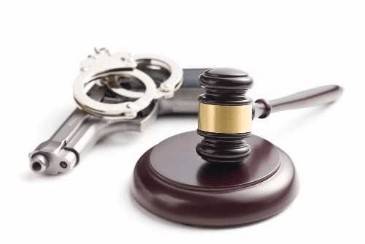Despite certain procedures police officers must follow during a DUI investigation, they often still make mistakes. These protocols are designed to protect the rights of individuals who have been stopped, provide transparency throughout the traffic stop, and lawfully collect evidence.
 If law enforcement officials intentionally or unintentionally break these rules, any evidence gathered during the DUI investigation cannot be used by the prosecution in court. A criminal defense attorney can help the defendant file a “motion to suppress” to throw out any evidence that was illegally obtained.
If law enforcement officials intentionally or unintentionally break these rules, any evidence gathered during the DUI investigation cannot be used by the prosecution in court. A criminal defense attorney can help the defendant file a “motion to suppress” to throw out any evidence that was illegally obtained.
The following are the most common errors police offices make in a DUI case:
- Invalid traffic stop – Police officers must establish “reasonable suspicion” to pull someone over. Common examples include traffic and equipment violations, such as speeding or driving with a broken taillight. Law enforcement cannot simply pull over someone for having a hunch or gut feeling.
- Improper breath test – The police use roadside breathalyzers to determine a driver’s blood alcohol content (BAC) levels. Before administering the test, officers must observe a suspect for at least 15 minutes to ensure he/she doesn’t vomit, burp, or otherwise skew the results of the breath test. Additionally, they must properly calibrate the testing device before use. If the officer doesn’t conduct the 15-minute observation or the breathalyzer wasn’t properly calibrated, the results cannot be used at trial.
- Improper field sobriety test – Officers must properly understand, administer, and evaluate field sobriety tests to use the results against a DUI suspect. Furthermore, they must take into consideration certain factors that may influence the results, such as a suspect’s pre-existing injuries and medical conditions, road conditions, and weather conditions. Failure to adequately administer or review a suspect’s performance on a field sobriety test means the results are invalid.
- Lack of probable cause – In order to place a DUI suspect under arrest, police must establish probable cause. If law enforcement doesn’t have probable cause, any evidence gathered during the investigation cannot be used in court.
Without strong pieces of evidence against the defendant, the judge can dismiss the entire case.
If you have been arrested for a DUI in West Virginia, contact The Wagner Law Firm today at (304) 461-6000 to request a free case review.
